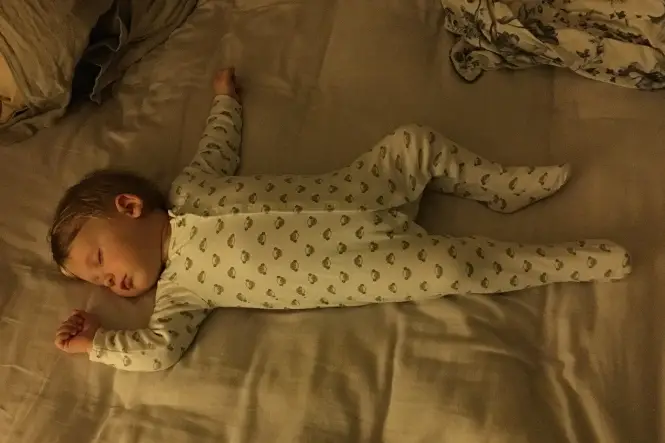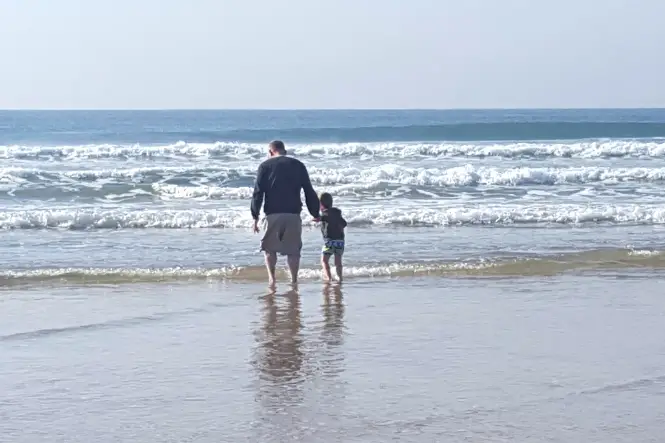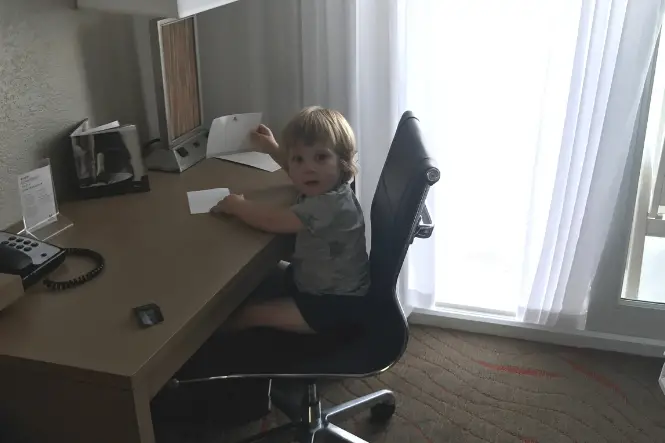Every parent wants to ensure their children will be safe when they’re out and about. Older kids or ‘tweens’ are likely to be at the stage where they want a bit more independence, but you still want to keep an eye on them and know where they are. Helping them become aware of the potential dangers and know how to look after themselves can help put your mind at rest and boost their confidence when they’re out and about.
Showing Independence
So-called tweens are children that aren’t quite into their teens, but aspire to be. They’re at a difficult age when they may be keen to be allowed to do more than they used to, wear older clothes or stay up later at night, but aren’t quite old or ready enough to do it all (even though they’ll argue that they are!).
It’s understandable that parents are keen to help tweens to be Aware of Their Personal Safety and therefore to stay safe, but some degree of loosening the apron strings can be helpful. As a parent, it’s sometimes tricky to know when to do this – it’s not just a matter of how old your child is, but how confident and self-assured they are as an individual, as everyone is different. Some tweens seem younger than their peers and may be perfectly happy to stay as they are and be given extra responsibility when they’re older, rather than right now.
Safety Tips for Tweens
However much responsibility and leeway you choose to give your child, all of this age group may benefit from some basic safety tips for when they’re out and about. Although children may not be out on their own all that much yet, there will be occasions when they are and it’s good to know that they’re aware of how best to handle the situation and ensure they stay safe.
One of the most important things to impress upon your tween is the idea of safety in numbers. Being with a group of other girls is always likely to be safer than being somewhere on their own. If they’re going to a sports club, doing an after school club or attending a dance club, it’s a good idea to walk with friends before or after, rather than on their own. This applies to teenagers too.
If they Get Lost
In the event that a child gets separated from her friends, or from you, it’s beneficial if they have an idea what to do – whether they should stay where they are, go home on their home, call home or go to a meeting point. Discuss the options with your child and work out what you both think would be the best way of handling it. It’s also a good idea to bring this issue up if you’re going to be at a large or busy event, so that she remembers What To Do If She Gets Lost.
Another safety tip is for tweens to have a mobile phone with them when they’re out and about, so that they can make a call if they need to. They don’t necessarily need a fancy phone – there are arguments that a swish phone could in fact be Detrimental To Their Safety – and it need only have essential phone numbers in if you wish.




